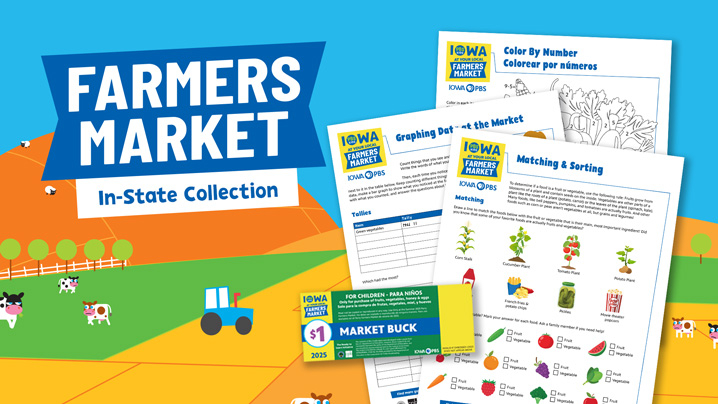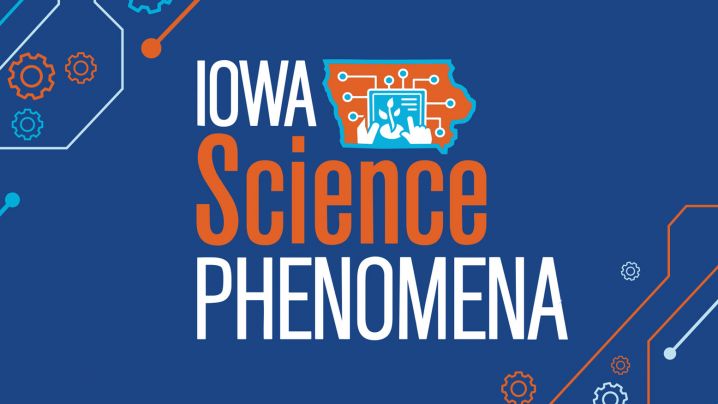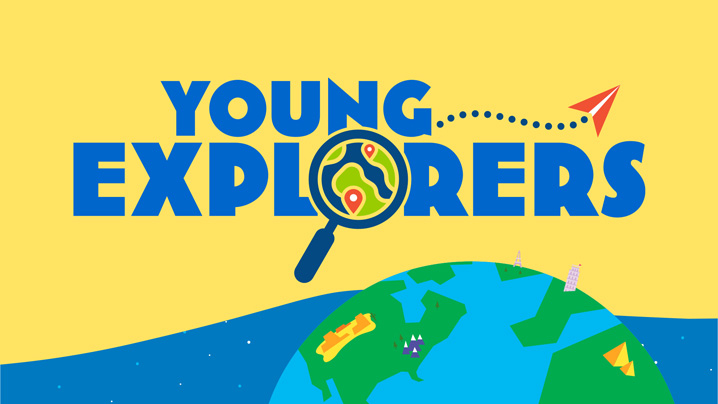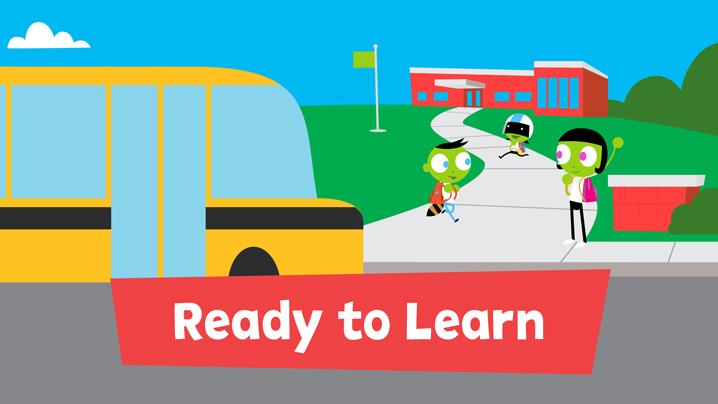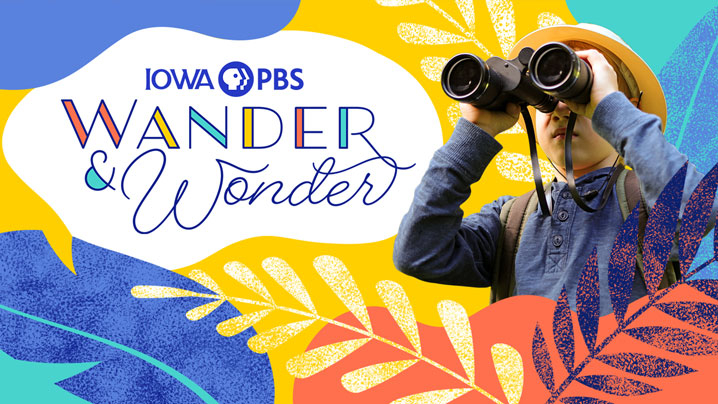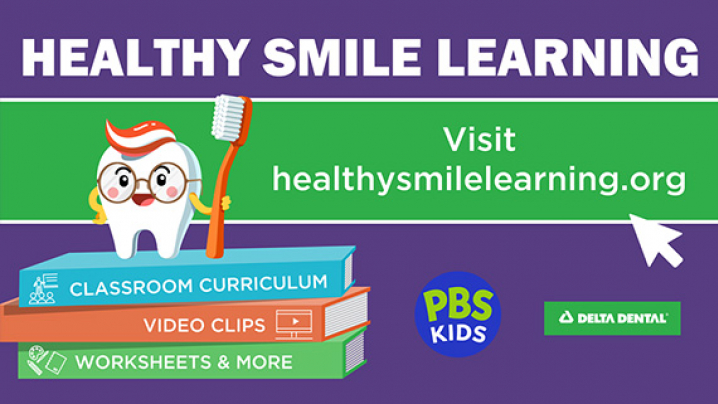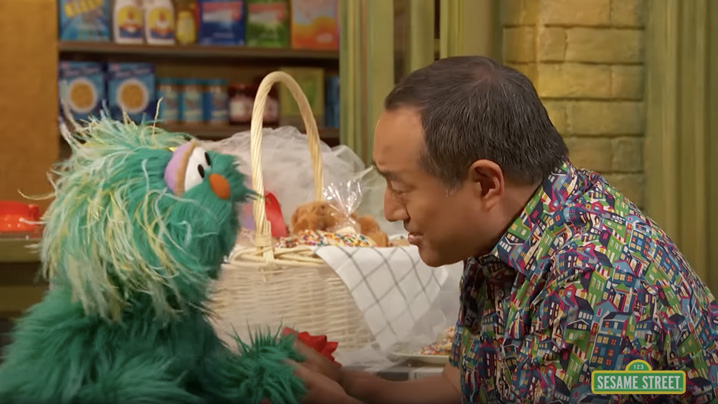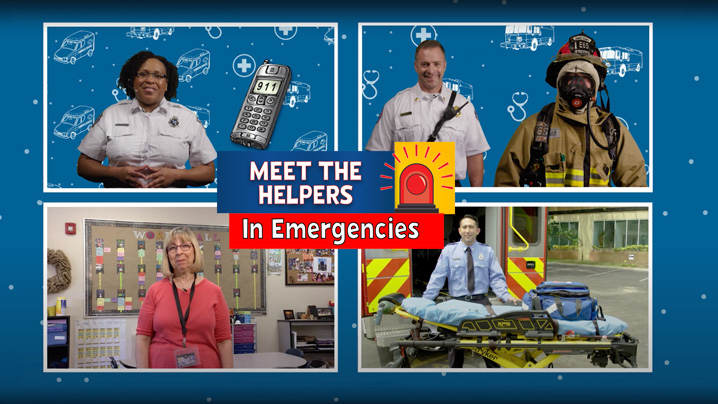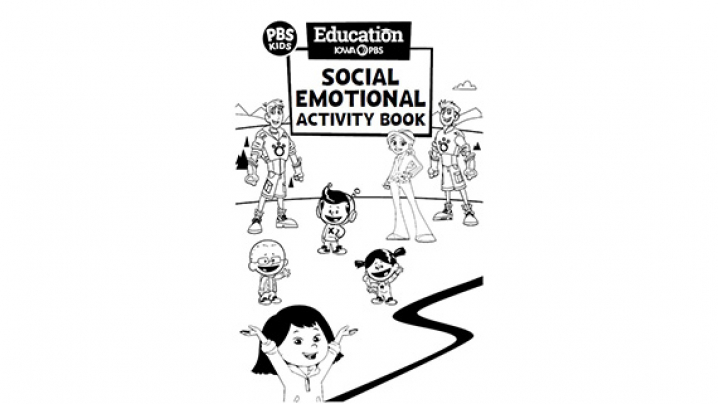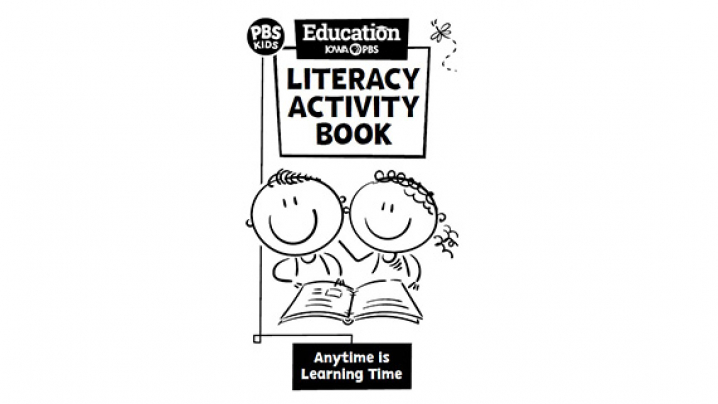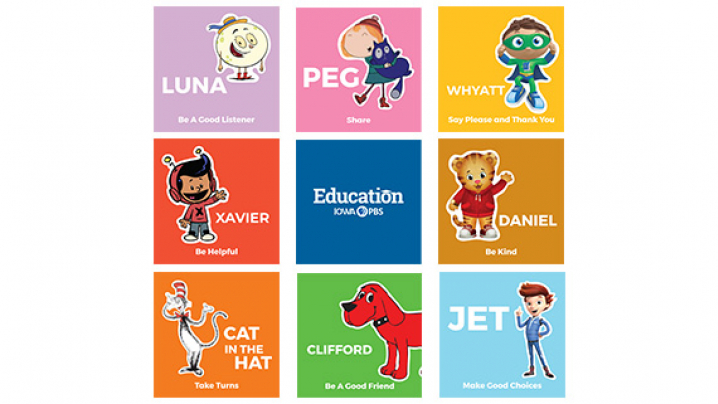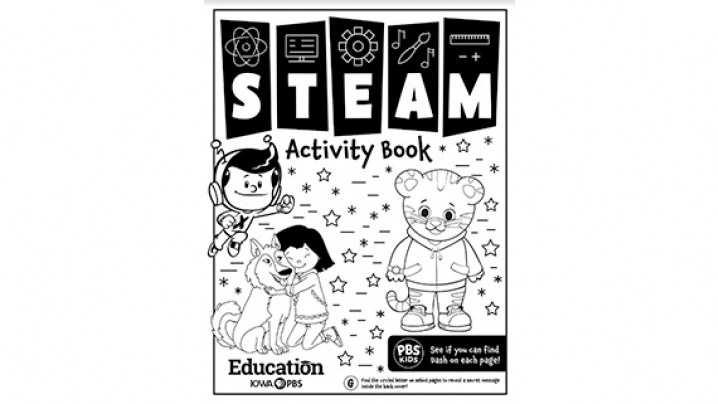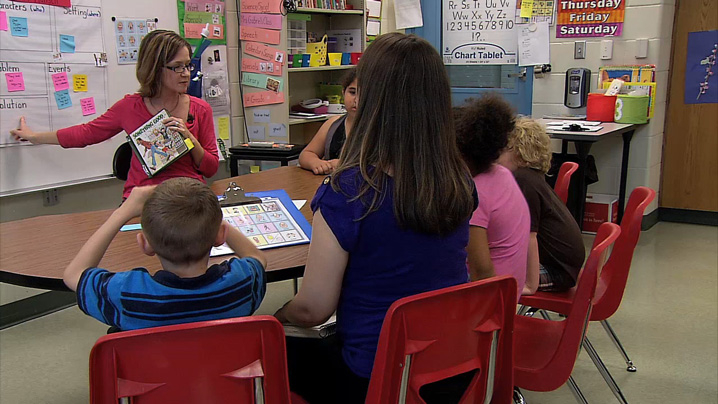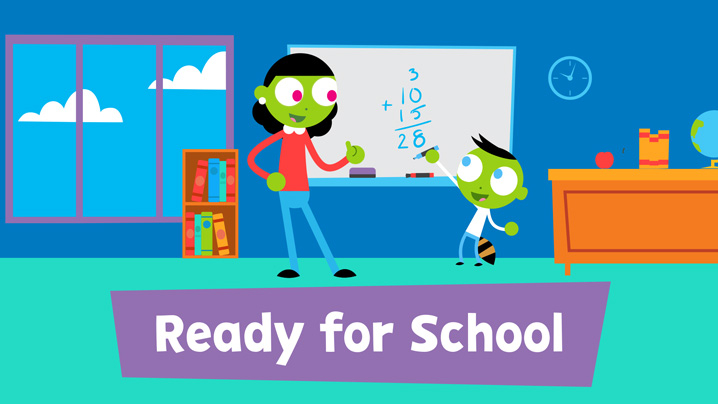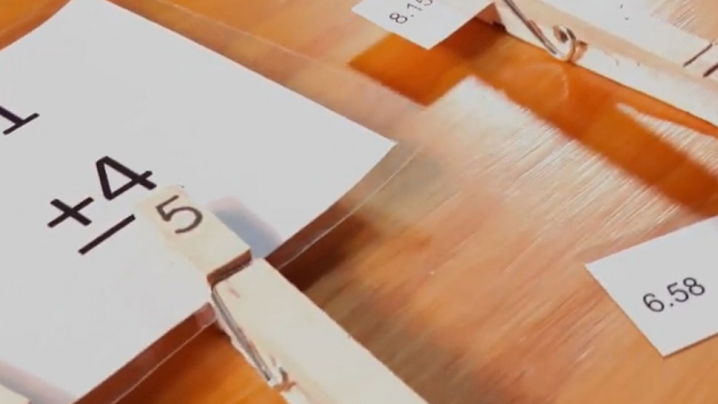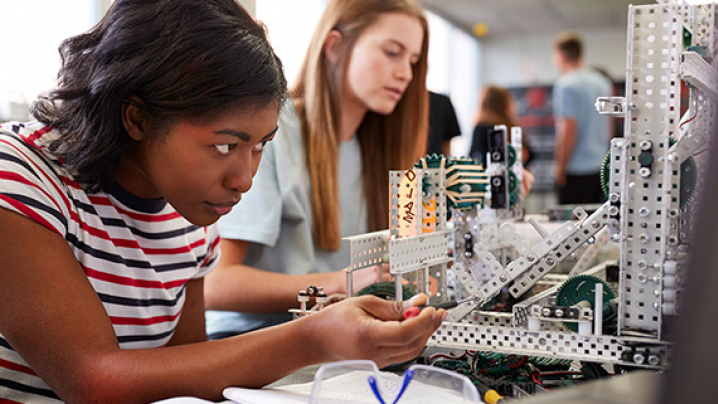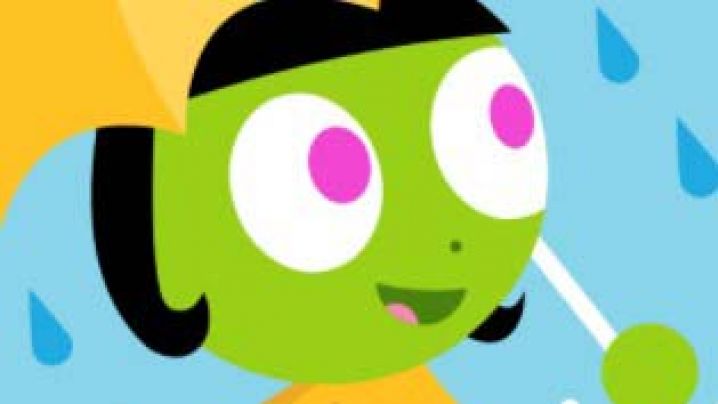Resources
If you are any organization within the state of Iowa, use the resources below to implement our farmers market program in your Iowa community.
Explore themes covering everything from English language arts to STEAM.
Build young children’s scientific thinking and inquiry skills, and early literacy skills.
Wander & Wonder helps kids to ask questions, observe their world and investigate with some kitchen science and crafts.
The Delta Dental Institute and Arizona PBS built this site for educators, parents and engaged kids.
Whether children are directly or indirectly exposed to violent events, there are ways to help them feel safer and more secure.
Introduce children to community helpers to help them feel safe in times of crisis.
Explore these social emotional activities with your young learner inspired by your child's favorite PBS KIDS programs!
Explore these literacy-based activities with your young learner inspired by your child's favorite PBS KIDS programs!
Help young children practice their social emotional skills with this fun memory game.
Packed full of fun puzzles to solve, this book has mazes to navigate, things to find, artwork to color and differences to spot.
This collection features strategies for literacy instruction meant for students with significant cognitive disabilities.
Have a young child heading off to school next year? Prepare them for the adventure with these fun, free resources.
Play with shadows; control the weather; and send objects down a ramp.
Go on an educational exploration of Iowa’s natural environments and environmental challenges.
Visit stages and venues that showcase diverse performing arts.
